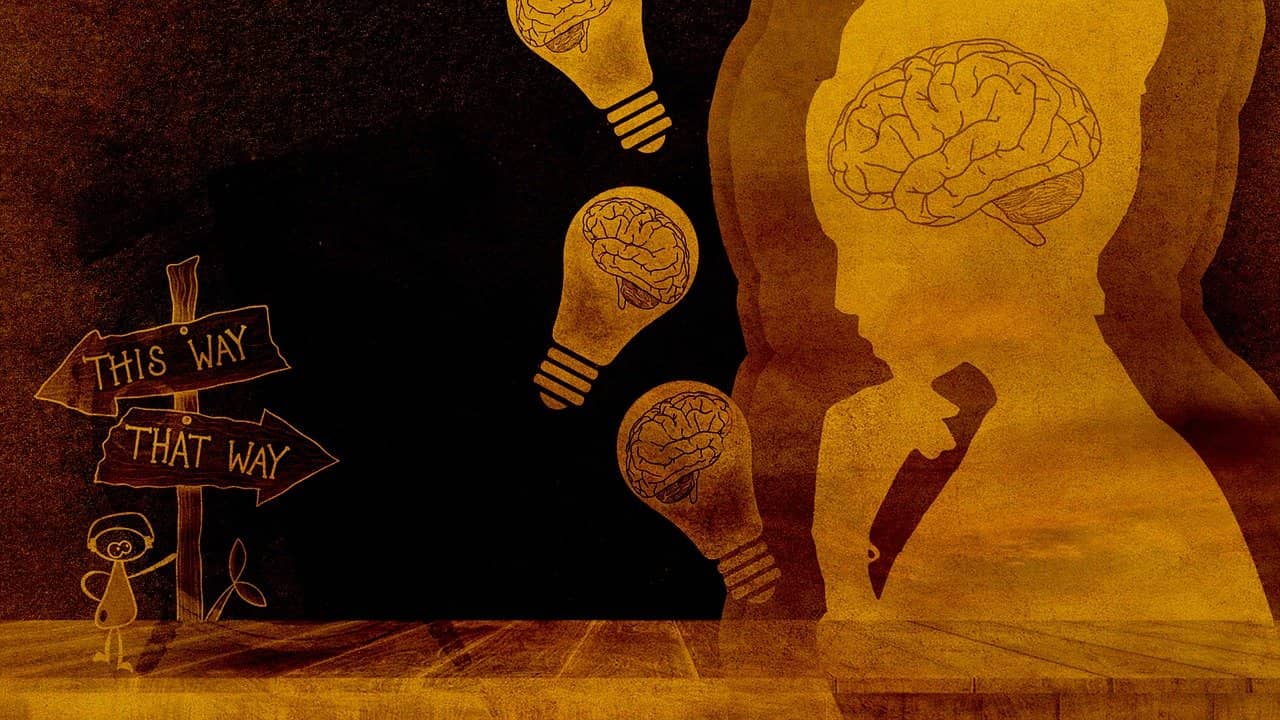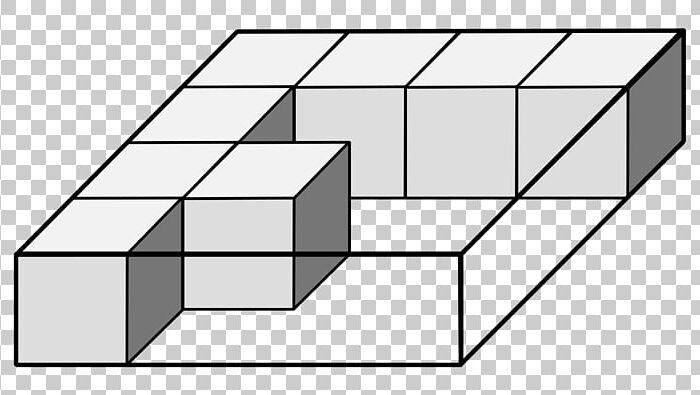Making decisions about minor issues should be simple. On the other hand, you are probably wasting much too much time trying to come up with simple solutions to such questions. People are prone to wasting too much time on little decisions. The truth is that there are very few decisions in our daily lives that require a great deal of thought and deliberation. It may be worth some reflection, evaluation, and consideration for those few life-altering decisions.
Making decisions is a skill that, like any other, must be acquired. Knowing how to make sound decisions, such as what to wear to a job interview or where to put your money, could be the key to living your most incredible life. Additionally, making these decisions quickly and having confidence in your decision-making abilities could save you a lot of time and effort.
However, if you don’t decide, it can take days for you to get back on track. Fortunately, there are techniques to reduce the amount of time it takes to make judgments, giving you more time to do other things. By creating specific criteria or finding outsources that support you in your quest, you can either “automate” decision-making or limit the amount of (perceived) options.
Here are some tips to help you make better decisions.
Practice In Your Comfort Zone
You’re already working hard to make and keep a decision, so don’t put too much pressure on yourself to improve this skill when you’ve got a million other things on your plate. It’s not the time to challenge yourself to decide without second-guessing if you’re distracted by a completely unrelated critical deadline.
Instead, find a period when you aren’t under any obligation to multitask. Take advantage of that time to consider some decisions, such as which direction you want to take a future project or which of two approaches you believe is the best.
It’s sometimes necessary to step outside of your comfort zone, and there will be occasions when you have to decide regardless of what else is going on. However, when it comes down to it, part of doing it properly is taking the time to get to know how you think.
Spin The Wheel
When you don’t want to make a decision or when you can’t decide between similar options, the decision-making wheel is the best way to go. Create your decision wheels or use the built-in ones. Options, titles, and wheel color themes can all be added or changed. Then spin the wheel and proceed with your haphazard choice. Whether you’re choosing a name, letter, or number, the random wheel will assist you in making a quick decision and saving time. Spin the wheel the next time you have a straightforward decision to make at work, at home, or at a community gathering.
Make Smaller Decisions
The only way to know if you’re on track to living the life you desire is to use the power of choice. It’s a muscle like any other, and sitting around will do nothing to help it or enhance its condition. You commit to learning how to be more deliberate when you commit to strengthening this muscle. You’ll soon figure out how to be more decisive without even realizing it.

When making a significant decision, set a time restriction for yourself. Our first impulses are frequently our finest, and we know what we want to do within only five to ten minutes. However, don’t get trapped if a decision is truly significant. Make a firm decision by breaking it down into smaller steps. You can even make a decision tree to remind you to take a breath, evaluate each smaller option, and not succumb to fear. Thinking of a massive issue as a sequence of smaller ones relieves stress and allows you to make good decisions.
Use The 2-Minute Rule
The goal of this rule is to compel action by setting a self-imposed deadline. It’s simple to implement: whenever you need to decide, set the timer and start the procedure. The time limit forces you to weigh the advantages and disadvantages before making a decision quickly. This tip is incredibly accessible due to its simplicity.
“When people know when a focal task will end, they put more effort in it because forsaking other activities becomes less costly,” according to one study. The pupils in the study reported feeling less tired in the same study. The power of deadlines can be shown in this example.
This technique is a lifesaver if you’re simply slow at making decisions. You also don’t have to keep it to two minutes each time. Anything between 1 and 5 minutes should suffice. Also Read – The Financial Steps You Need to Take After Graduation
Focus On The Present
People are frequently overwhelmed by the big picture, attempting to predict how their decisions will impact the future. Because you’re attempting to see every step along the way to every possibility, the decision-making process becomes intellectually exhausting. It’s preferable to save your energy for the task at hand and attempt to make the best decision you can.
Instead of making a decision based on what will make the next step the simplest, live in the moment. For the chronic non-decision maker, doing this at every step is an attractive option. Visualization is one of the decision-making skills that may be used. Make a visual representation of the outcomes of each feasible decision. Which one makes life simpler or more enjoyable?
Choose Between The Options That Are Available To You
Don’t wait for the ideal option because you might not have enough time. You usually don’t have the luxury of time to make a decision when making a quick decision. The more you wait, the less likely your selections will improve, so pick something promptly and move on. For example, you might not be able to schedule a vacation to a destination you’ve always wanted to visit, but you might be able to take a trip somewhere nearby that you’ve always wanted to see.
You’ve probably put off a decision before and discovered that it grew increasingly difficult to conclude. There will almost certainly be instances when you must choose between a few things that you dislike. Recognize that you must take the best option, even if it isn’t ideal. After that, you’re free to do whatever you want.
It is beneficial to think of your time as money. Value your time in dollars and divide each hour into ten six-minute portions, as a legal firm does. Another $XX dollars is spent for every additional six minutes spent on this decision. That should encourage you to make a decision sooner rather than later. The more you practice making split-second decisions, the more time you’ll have to do other things.




